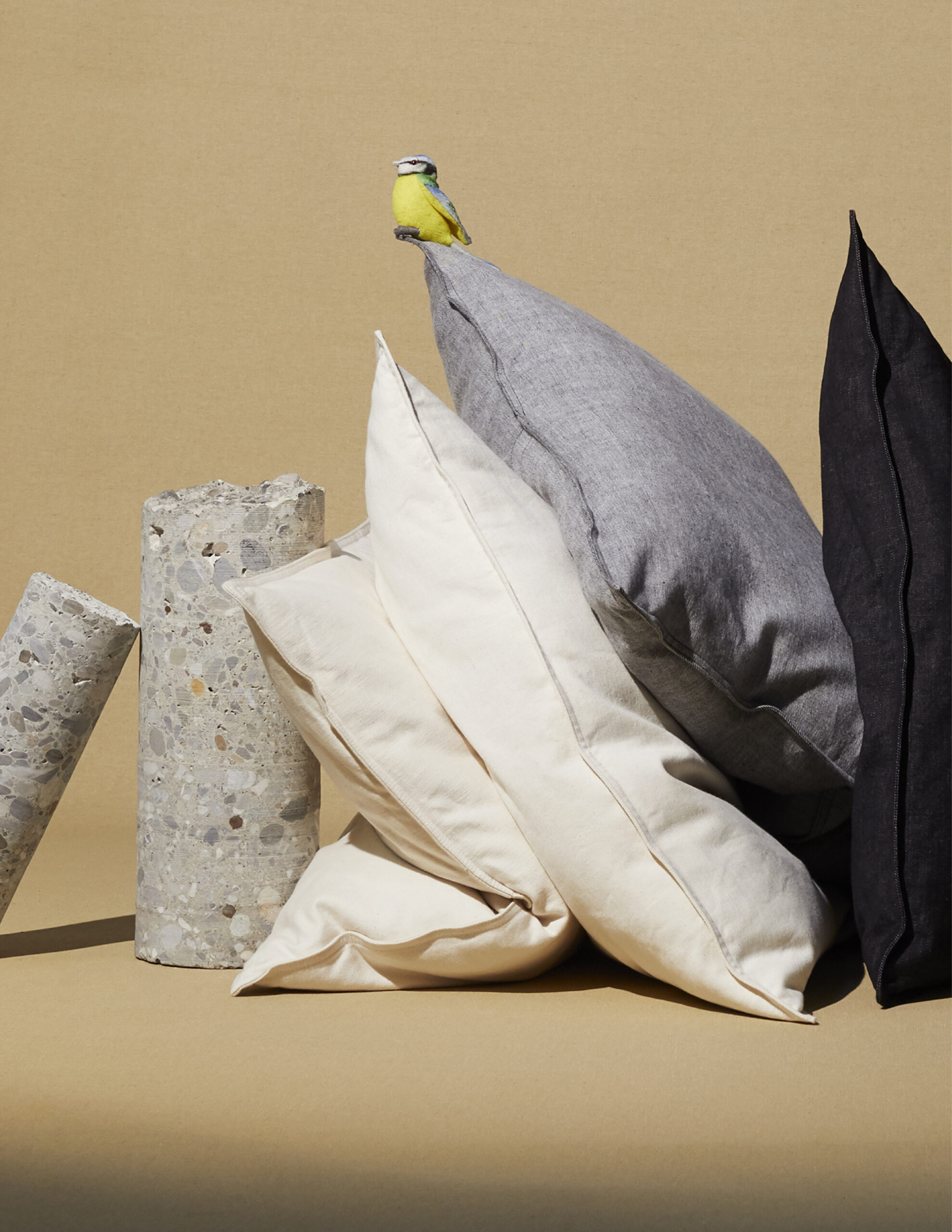How far are you in the process of going circular?
Would you like to become a circular textile label? Get started on your Cradle to Cradle® certification journey by taking this assessment.

Can you imagine designing textiles which are completely safe and fully circular? It is our vision to make this change possible – for a better planet!

The textile industry must become more sustainable. For today’s products to become tomorrow’s raw materials, a circular approach is needed, for which small companies in particular need support. With the support of the Migros Pioneer Fund, the collaboration platform Circular Clothing paves the way for small Swiss textile labels to become circular. Starting from the initiative of textile entrepreneurs Karen Rauschenbach and Yvonne Vermeulen in 2020, the cooperative Circular Clothing was founded in March 2022. Our vision is a zero-waste textile industry in which resources are used in a closed loop – for a better planet. We are convinced of the power of the Cradle to Cradle® model and want to make it the industry standard. By establishing the Circular Clothing platform, we aim to empower textile labels to join forces in order to boost the paradigm shift in the textile industry towards more social and ecological responsibility.
Would you like to become a circular textile label? Get started on your Cradle to Cradle® certification journey by taking this assessment.





*The credits for implementation and finalisation: Jamliah Joseph and credits for ideation: Bachelor Students of HSLU DMI; Stefanie Bumbacher, Julia Ahlberg, Yehia Abouzaid and Katharina Payr.
The current fashion industry and, in particular, the fast-fashion sector, devours resources. It wears people out, poisons ecosystems and destroys the livelihoods of millions.
As much as 60% of all clothes become waste within a year of their production, and 40% of all produced clothes are not even sold nor used*. This is a tremendous waste of resources. Additionally, many of the materials used in the industry are not safe for humans and the environment due to toxic and cancerous substances.
These challenges are pervasive in the fashion industry, and they are very real. For the sake of the planet we want to leave for future generations, we need to rethink how we design, make and use clothes.
We envision a zero-waste textile industry, where existing resources are used in a continuous and closed loop. We want to stop the exploitation of the Earth and preserve our planet for future generations.

Closing the loop means shifting from a linear to a circular system: from the current ‘take, make, waste’ model towards a closed-loop system or ‘circular economy’.
The circular-economy approach for the textile industry aims to eliminate waste and stop the careless use of resources. From the start, garments are designed for reuse, sharing, repair, remanufacturing, recycling or composting to create a closed-loop system and minimise the use of resource inputs and the creation of waste, pollution, and carbon emissions. Currently, less than 1% of used clothing is recycled and reused for garments. *
We can take this approach one step further by following the biological or technical cycle of the Cradle to Cradle® model. In this model, valuable and proven solutions are used to design fully circular products: no toxins in, no toxins out.
Unfortunately, small textile labels face great difficulties in overcoming the hurdles on their way to becoming circular. So far, only some large companies with plenty of resources have been able achieve a certain degree of circularity. We will change this. As a member of the cooperative CIRCULAR CLOTHING, textile labels can join the collaboration platform to use its purchasing power. This access to a certified supply chain ensures the requirements to produce and design Cradle to Cradle Certified ® products.
Will you be the next label with a Cradle to Cradle Certified® collection? Join our network and contribute to the paradigm shift in the textile industry.
Cradle to Cradle ® Design defines and develops cyclable products. Compared to conventional recycling, the quality of the raw materials remains intact throughout multiple product lifecycles and, only fully safety-assessed chemicals are used. The products are developed according to the Cradle to Cradle® model in order to maintain the quality of the raw materials over multiple life cycles, taking into account the production processes, use and reutilisation. This means: no waste, as all ingredients are considered nutrients. The right materials are integrated into defined cycles (metabolism) at the right time and place – epeaswitzerland.com
What is the circular economy? The circular economy is based on the principles of designing without waste and pollution, keeping products and materials in use, and regenerating natural systems – ellenmcarthurfoundation.org